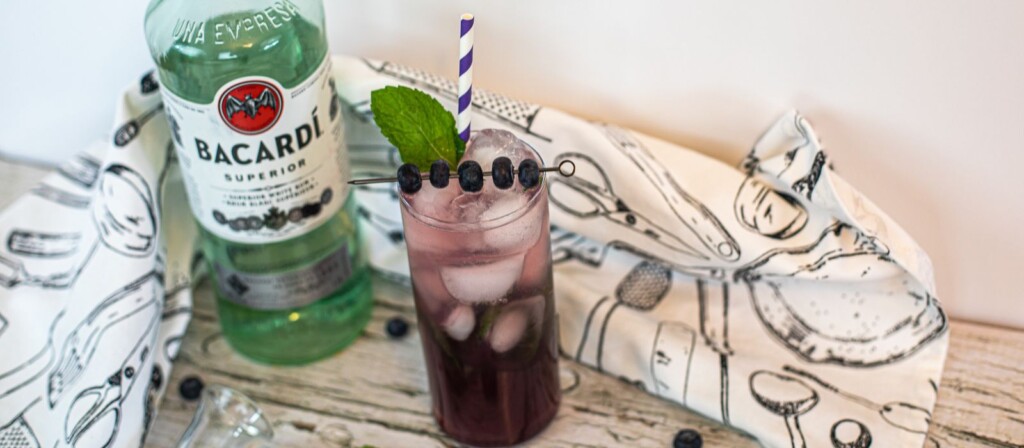Disclosure of Material Connection: Some of the links in the post above are "affiliate links." This means if you click on the link and purchase the item, I will receive an affiliate commission. Regardless, I only recommend products or services I use personally and believe will add value to my readers. I am disclosing this in accordance with the Federal Trade Commission's 16 CFR, Part 255: "Guides Concerning the Use of Endorsements and Testimonials in Advertising."
There is nothing more comforting than a glass of warm mulled wine in the fall and winter months, but choosing a bottle of wine to make this cozy beverage can be very overwhelming. Many people think the quality or flavor of the wine doesn’t matter if you are going to add spices, but that couldn’t be further from the truth. Choosing the right type of wine is the most important part of making a great batch of mulled wine
In this blog post, I am going to explain exactly what mulled wine is, how to make it and list the best wines for mulled wine so you can make the perfect batch right at home.
What is Mulled Wine?
Mulled wine is a traditional spiced wine beverage, usually made from red wine. The beverage is simmered with cinnamon, nutmeg, cloves, and oranges. Depending on the recipe, mulled wine may also be flavored with ginger, star anise, honey, lemon, apples, and raisins. Most people slow simmer mulled wine on the stovetop, but there are also great recipes out there using a slow cooker or an instant pot.
How do you make mulled wine?
Each recipe for mulled wine will be slightly different, but here are general directions for you to follow:
- Pour the bottle of wine into a large saucepan.
- Add desired fruits and whole spices.
- Bring the mixture to a slow simmer, then lower the heat and simmer for 10 minutes.
- Remove from the heat and take out the fruit and spices before serving.
How do you Serve Mulled Wine?
Mulled wine is served warm, usually in a mug to protect your hands from the heat. I love serving it in a clear mug so you can see and appreciate the beautiful color. I also love to garnish it with a fresh orange slice, or a cinnamon stick so it feels extra special. And, I have found it is better to use fresh garnishes, rather than the same ones you cooked with. If you move a cinnamon stick that is already heated and being cooked into a single glass, it will continue to omit strong spicy flavor and can be overpowering, Fresh garnishes will add a touch of sweetness and interest in a subtle way.
What kind of wine do you use for mulled wine?
Generally speaking, you want to go for a bottle of red wine, that is full-bodied and very fruit-forward with relatively high alcohol content. Mulling wine disguises a lot of the subtleties of taste, so a full-bodied, fruity red wine will be the best choice for standing up to the strong spices, without being overpowering. You want the wine and spices to complement each other. Higher alcohol content will be best at preventing complete alcohol burnoff during long cooking times, which will help you avoid an unpleasant after taste.
Here is some basic guidance on what to choose.
- Zinfandel – A Californian Zinfandel, ideally from Sonoma would make a lovely mulled wine with its juicy blackberry and plum flavors. The growing season in Sonoma may help bring out a natural dried fruit flavor, which would be perfect if you plan to add some dried fruits to your batch. A Sonoma Zinfandel is likely to see a little bit of American or French Oak, which will give it a nice toasty finish perfect for a glass of mulled wine.
- Malbec – Malbec, especially one from Argentina, usually has strong black cherry and plum flavors. This often-overlooked varietal could be a perfect choice for mulled wine because it is usually very affordable and has moderate tannins and low-medium acidity. It’s got the backbone to stand up to cinnamon and cloves, without being drowned out.
- Syrah – A Rhone Valley Syrah would be an excellent choice for a mulling wine. When grown in a cooler climate, it’s dark fruit flavor is more prominent and the oak imparts a slightly smoky, black pepper finish. All of these flavors would compliment mulling spices. In a warmer climate, Syrah (or Shiraz) can take on a meaty sort of flavor which is wonderful in certain situations but not ideal for mulling.
- Bordeaux-style Blends – You can’t go wrong with a nice Bordeaux Blend. A left-bank style of Bordeaux would be ideal. With Cabernet Sauvignon being the prominent grape, you are sure to get a super jammy dark berry backbone with tannins that will get your palate ready for the spices. Authentic Bordeaux’s are a bit pricey, so don’t be afraid to explore new world style blends choosing Cabernet Sauvignon dominant blends if possible. Merlot can get a bit leathery, so sticking with the left bank would be a better choice for mulling.
- Beaujolais Nouveau – If you are looking for something a little less intense, a Beaujolais would be a perfect choice. The Gamay grape will provide a bold fruity flavor and typically has lower acidity and tannins than the other wines on this list. If you do choose a Beaujolais, I would recommend cooking it on the stovetop and removing it promptly when mulling is complete. It has a slightly lower alcohol content, so you don’t want to leave it simmering for too long.
Can You use White Wines For Mulled Wine?
Traditionally, mulled wine is made using red wine but you can make this wine using a white! Viognier would be a safe choice for making mulled white wine. It is medium-bodied white, with a bolder viscosity which would be much better suited for mulling than a typical white. It may be tempting to choose a Chardonnay because they are fuller-bodied but it’s a risky choice. Many Chardonnays go through a secondary fermentation process called Malolactic Fermentation. This gives the wine a buttery character which is great when you are drinking it on its own but would clash with the flavors.
Bottom Line, if you are interested in trying a mulled white wine – try a Viognier base.
Putting It All Together
When it comes to choosing the best wines for mulled wine, there is no single wine that is perfect for the job. Zinfandel, Malbec, Syrah, Bordeaux Blends and Beaujoloas all have qualities that make them my favorite choice for mulling. However, just like any recipe, choose the ingredients YOU like for the greatest success.







